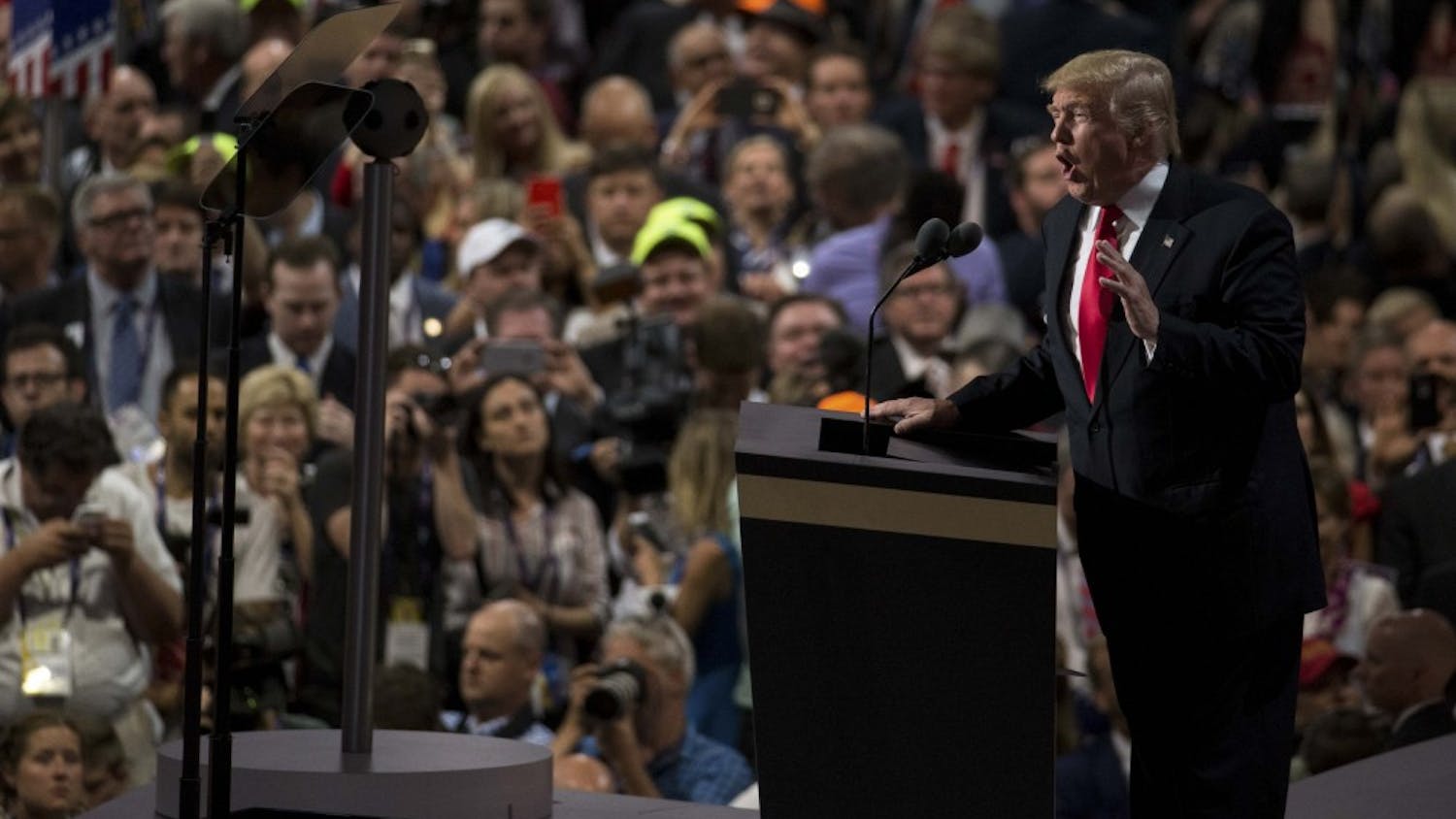Bush expected to campaign for Sodrel in southern Indiana\nNEW ALBANY, Ind. -- President Bush is expected to make a campaign stop for Republican congressional candidate Mike Sodrel this week in southern Indiana, a Sodrel spokesman said Monday.\nSodrel is hoping to unseat Democratic Rep. Baron Hill in the 9th District, which covers most of southeastern Indiana. Hill is seeking election to his third two-year term.\nSodrel spokesman Kevin Boehnlein said the campaign was informed of the visit Monday morning, but did not have specifics on the visit, likely on Friday.\n"Obviously it's a big boost to the campaign," Boehnlein said. "Hopefully, this will help put him over the top."\nA White House spokesman said no information was being released about the president's schedule for Friday.\nBush will be in South Bend on Thursday to campaign for congressional candidate Chris Chocola, who is locked in a heated battle for the 2nd District seat with Democrat Jill Long Thompson.\nBoth are looking to replace retiring Democratic Rep. Tim Roemer.\nVice President Dick Cheney is also coming to the state this week. He is scheduled to attend a breakfast Friday for congressional candidate Brose McVey, who is challenging Democratic Rep. Julia Carson in central Indiana's 7th District.\nPublic records help candidates expose opposition\nINDIANAPOLIS -- This year's campaign trail has been awash with paper trails as candidates delve into cell-phone records, expense accounts and other public records to attack the opposition.\nCandidates who have requested all available public records if opponents have ever held a job in public service note that the practice is allowed under the state's open-records law.\nBut critics say it abuses the law and provides fuel for negative campaigning, particularly as Election Day draws near.\n"It is really like a fishing expedition. They don't really ask for anything specific," said James McNamara, Bloomington's deputy mayor.\nRepublicans have requested calendars, phone records, budgets and meeting minutes from the city of Bloomington, where the Democratic nominee for secretary of state, John Fernandez, is mayor.\nDemocrats, on the other hand, have requested information about Fernandez's opponent, Republican Todd Rokita, who is on unpaid leave from his job as a deputy secretary of state.\nTheir request seeks budget information back to 1995, a list of the office's employees and their salaries and a tally of fines collected by the office. The Democrats also have sought salary information about Rokita from the state auditor's office.\nWhether campaigns find anything they deem useful varies.\nLast week, Carl Brizzi, the Republican candidate for Marion County prosecutor, held a news conference to criticize a memo that his Democratic opponent, Jim Osborn, wrote in 2000 while employed by the Indiana attorney general's office.\nBrizzi said the memo shows Osborn was more concerned with politics than cleaning up the welfare system.\nOsborn said the memo was written to guarantee that workers in the fraud division would continue working after Republican Stephen Carter took control of the office. He accused Brizzi of "unsubstantiated" attacks.\nCarter, a Republican, said the memo was released to Brizzi at the discretion of his office. "It's our policy to release public documents unless there's a compelling state interest in maintaining the secrecy of the document," he said.\nIndiana law gives state agencies broad discretion over what employee information is made available.\nState public-access counselor Anne Mullin O'Connor said requests for public records can be denied for a number of reasons, including federal laws and concerns about confidential material.\nHowever, she said, "the burden is on the public agency" to prove it shouldn't be disclosed. Some employee information must be turned over, she said, pointing to salaries, resumes and disciplinary action.\nLuke Messer, executive director of the Indiana Republican Party, said such research has become common in political campaigns around the nation.\n"At the end of the day, voters have the right to know about the conduct of public officials," Messer said.\nBut Julia Vaughn, policy director for Common Cause/Indiana, said the requests show candidates' readiness to conduct negative campaigns and are an abuse of the open-records law, which is intended to let the public review the actions of elected officials.\n"It is disappointing that a useful tool is being used for cynical purposes, for mudslinging," Vaughn said.
State Elections
Get stories like this in your inbox
Subscribe





